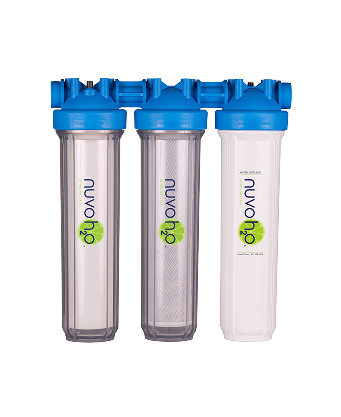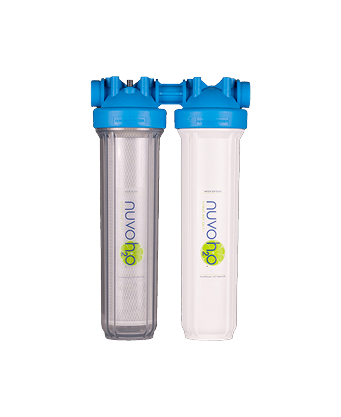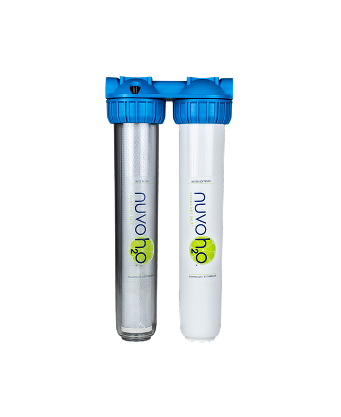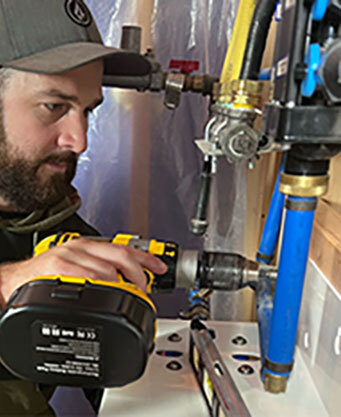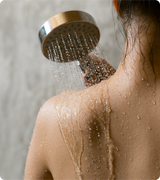
Can Hard Water Affect Your Indoor Air Quality? Here’s What You Need to Know
16th Sep 2025
When we think of hard water effects on home environments, most of us picture chalky faucets, soap scum, or stubborn shower stains. But what if the problem runs deeper than just the surface? Recent studies and homeowner experiences suggest that hard water doesn’t just affect plumbing and appliances, but it can also influence the very air you breathe indoors.
If you’ve ever wondered, Does hard water affect air quality?, the answer may surprise you. Let’s explore the hidden connection between hard water and indoor air quality, why it matters for your family’s health, and how to protect your home with smart solutions.
What Is Hard Water and Why Does It Matter for Air?
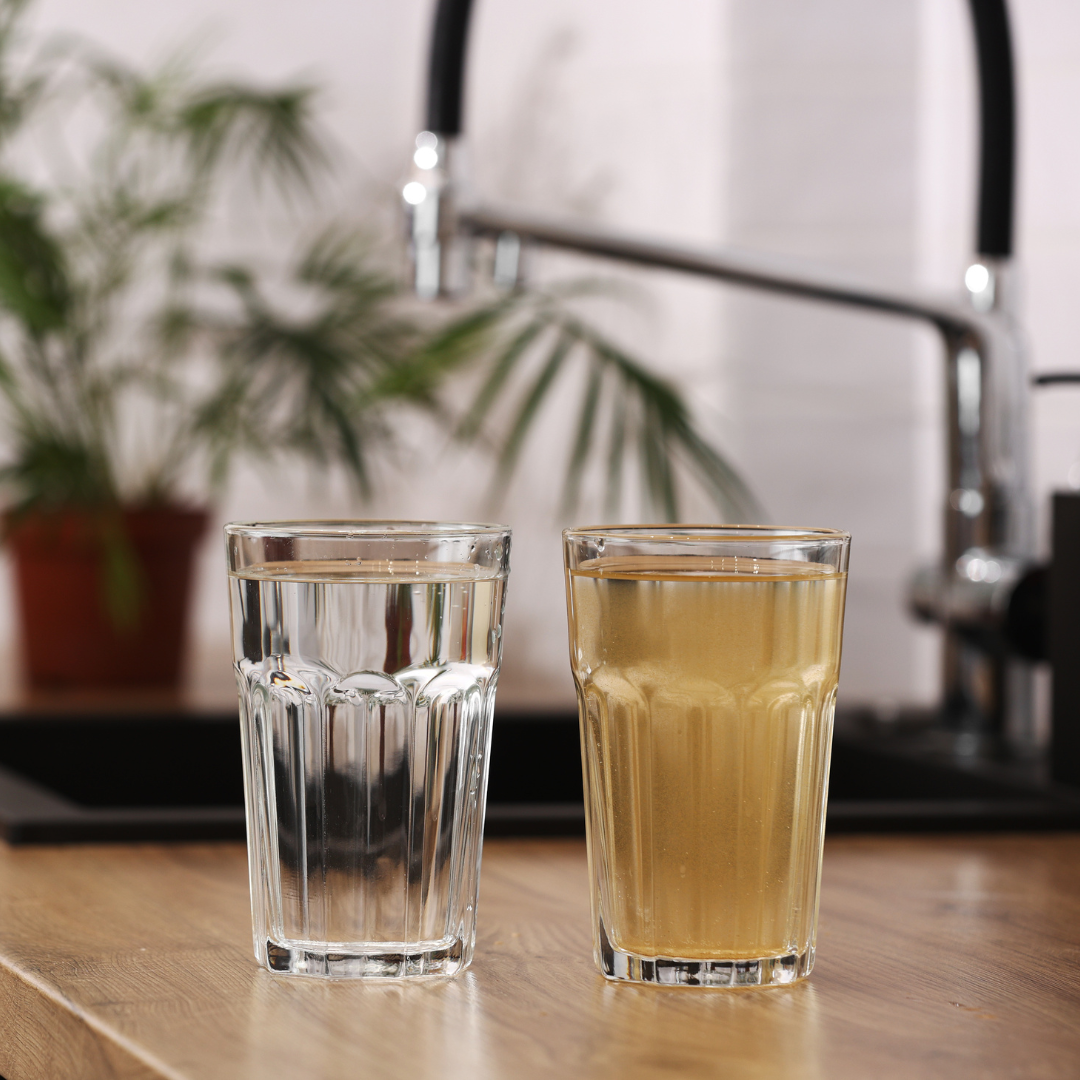
Hard water is water with high levels of calcium and magnesium. While it’s safe to drink, it creates a ripple effect of hard water home issues, from limescale buildup to clogged pipes and reduced appliance efficiency.
But when hard water interacts with your home’s air systems, like showers, humidifiers, and HVAC units, it can actually contribute to indoor air quality problems.
How Hard Water Impacts Indoor Air Quality
1. Steam and Mineral Dust
Every hot shower releases steam. If that water is hard, the steam may carry trace minerals into the air, which then settle as fine “white dust” on surfaces. Over time, this dust contributes to hard water and dust buildup, making it harder to keep your home clean and aggravating respiratory sensitivities.
2. Humidifiers and White Powder Residue
Filling a humidifier with hard water leads to mineral-laden mist. This creates a visible dust film and worsens indoor air quality issues, especially for allergy-prone family members. For those already dealing with asthma or sensitivities, the particles can trigger coughing, sneezing, or congestion.
3. Mold and Mildew Growth
Mineral buildup from hard water inside appliances (like dishwashers or HVAC systems) creates a damp environment that mold loves. Once mold spores go airborne, they become a serious home air quality problem and can cause hard water health concerns ranging from mild allergies to respiratory irritation.
Hard Water and Health: What’s at Stake?

You might be asking: Are there real health risks tied to hard water and home health? While hard water itself isn’t dangerous to drink, its indirect effects on the air can impact well-being:
- Respiratory Irritation: Inhaling mineral dust or chlorine vapors (from treated municipal hard water) can irritate the lungs.
- Allergy Triggers: Hard water and allergies often go hand-in-hand when airborne particles mix with household dust.
- Skin and Hair Concerns: While not air-related, it’s worth noting that hard water can dry skin and worsen eczema or dryness, adding to overall healthy home water solutions needs.
Signs Your Hard Water May Be Affecting Air Quality
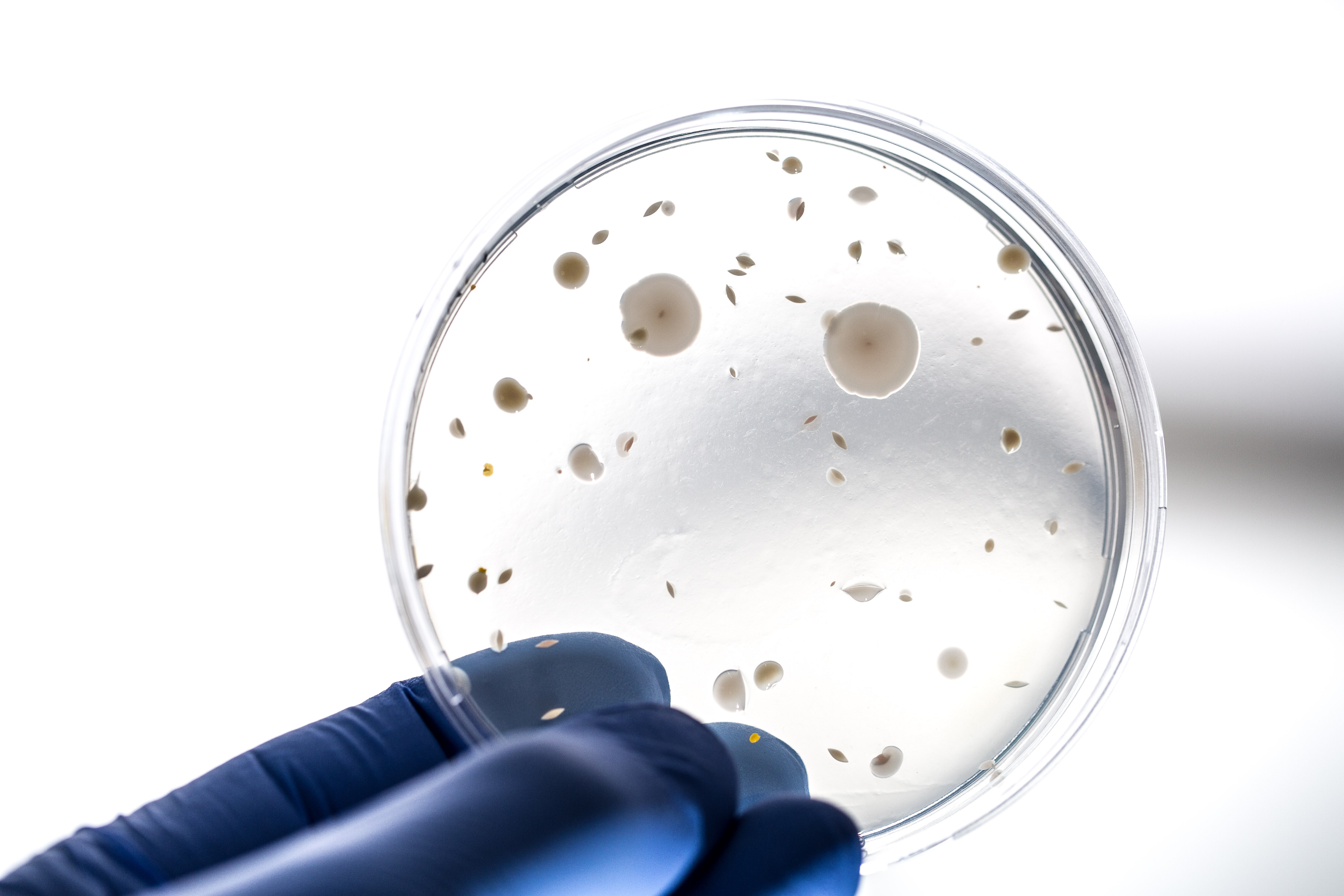
Look out for these hard water home issues that signal poor air quality:
- A fine white powder on furniture or vents (from humidifiers).
- Musty odors in laundry rooms, bathrooms, or around appliances.
- Frequent coughing, sneezing, or sinus issues at home.
- Visible limescale buildup on showerheads and faucets.
If these sound familiar, it may be time to explore home air quality solutions that start with better water.
The Solution: Water Softening for Better Air
The good news is that hard water problems are preventable. Installing a water softener reduces calcium and magnesium levels, stopping the chain reaction that impacts indoor air. Here’s how water softener benefits go beyond plumbing:
- Cleaner Air: Less mineral residue means fewer airborne particles.
- Reduced Mold Growth: Softer water lowers the risk of damp, clogged appliances.
- Easier Cleaning: No more constant dusting of hard water residue.
- Healthier Home: A win-win for water and air quality.
Think of water softening as part of your overall indoor air quality tips strategy. Just as air purifiers clean what you breathe, water softeners clean what goes into your air in the first place.
Healthy Home Water Solutions That Make a Difference
If you’re ready to tackle hard water and home health at the source, here are a few practical steps:
- Test Your Water: Determine the hardness level to select the right system.
- Install a Water Softener: The most effective fix for long-term improvement in water and air.
- Maintain Appliances: Regular cleaning prevents mineral and mold buildup.
- Pair with Air Purification: For comprehensive coverage, consider combining water softening with air filters or purifiers.
Hard Water Doesn’t Just Stay in Your Pipes

Many homeowners are shocked to learn about the link between hard water and indoor air quality, but once you see the signs, dust buildup, musty odors, and allergy flare-ups, it’s hard to ignore.
When you invest in water softening for better air, you’re protecting plumbing and appliances while creating a cleaner, healthier environment for your family.
At NuvoH2O, we believe that true comfort at home starts with water that supports your air quality. Explore our healthy home water solutions today and breathe easier tomorrow.

